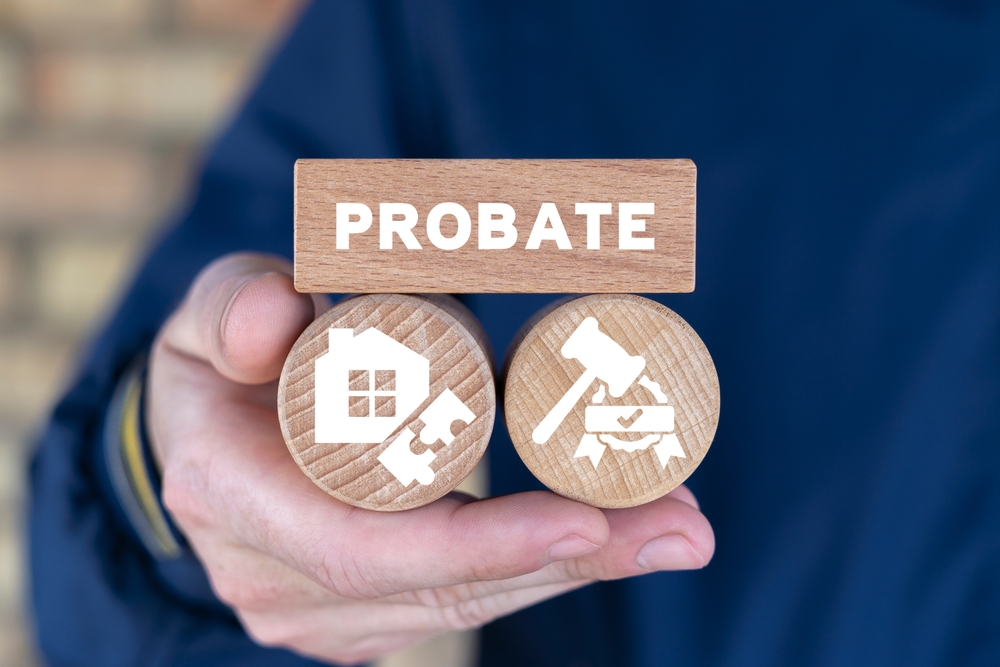When a loved one passes away, you may think that the inheritance process is simple, especially if you have never dealt with it before. In reality, inheritance is more complicated than just receiving the assets bequeathed to you in your loved one’s will. Before you can receive any assets that were in your loved one’s name alone, their estate may have to go through the probate process, which can be complex. The following sheds light on valuable information about the probate process in Pennsylvania from Elder Law Attorney Robert Slutsky:
What is Probate?
Simply put, probate is the legal process by which a will is recognized, or, if there is no will, an administrator or personal representative is appointed, and the assets of an estate are distributed to the intended heirs (after debts and taxes are paid). Whether or not the deceased left a will, their estate will still have to go through probate. Pennsylvania counties have a simplified probate process for estates under $50,000.
Appointing an Executor or Personal Representative
Your loved one may have selected a personal representative before they passed away. This person will be responsible for marshaling the assets, making sure all creditors are dealt with, dealing with claims against the estate, paying all income and inheritance taxes due, otherwise administering the estate and finally distributing the assets. If no personal representative was named in a will, legal heirs can either elect one from amongst themselves or individual heirs can petition the court to select them for this role. If there was no will, Pennsylvania intestacy laws determine who will administer the estate and to whom the assets will be passed. If you are selected as your deceased loved one’s personal representative, you are allowed to take a “reasonable fee” for the work performed.
Be aware that, as an executor or personal representative, you have a fiduciary duty to the Commonwealth of Pennsylvania, to the deceased’s creditors, and to the other heirs of the estate. This means you are legally bound to act in their best interests, rather than your own, on penalty of the law. Violating your fiduciary duty, whether intentionally or by mistake, could result in serious legal consequences for you.
Paying Debts and Pennsylvania Inheritance Tax
Before any assets can be distributed, all debts and expenses owed by the estate must be paid off in full. Once that step is completed, an inheritance tax is assessed on the remaining amount, determined based on the heirs’ relationship to the deceased. Spouses and charities pay 0%, children pay 4.5%, siblings pay 12%, and all others pay 15%. Inheritance tax must be paid within 9 months of the date of death, although Pennsylvania gives a discount on estate taxes paid within 3 months. Very large estates may also be subject to federal estate tax. Depending on the nature of the assets, income tax may also need to be paid.
Pennsylvania Probate Attorney
As we already mentioned, Pennsylvania’s probate laws are complex and contain a lot of nuances. Whether you have been named as a personal representative or you will be receiving assets from a loved one’s estate, it’s a good idea to speak with an elder law attorney who specializes in probate. As one of the first attorneys in PA to dedicate himself to elder law concerns, Robert Slutsky is highly qualified to advise you during the probate process. Any delays in paying inheritance tax could cost you, so call Slutsky Elder Law right away if you need a probate attorney in Montgomery County, PA or surrounding counties, call (610) 940-0650 or contact us to request a consultation.

